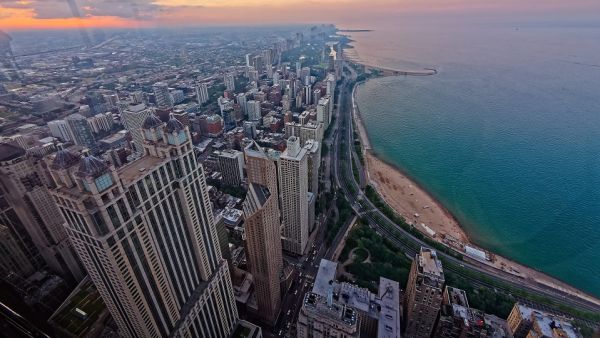The head of the hotel owners association Pierre Ashkar said the hospitality sector in Lebanon has not yet seen any significant improvement in room occupancy in 2018 although the number of tourists was slightly better than 2017.
“If we take the average, pay for every tourist in our hotels is less than three days. In other words, most of the tourists spend less than three days in hotel nowadays,” Ashkar told The Daily Star.
He noticed that European tourists are coming in big numbers to Lebanon these days but noted that these visitors do not spend a lot of their time in hotels like the Arab Gulf nationals.
Most of these European tourists come to Lebanon as part of tour groups organized by travel agencies.
However, these visitors only spend two or three days in Lebanon and then travel to Jordan or Cyprus. Lebanon had its best tourism seasons in 2009 and 2010 when the number of Arab visitors exceeded 2 million. Most of these visitors booked hotel rooms for more than two to three weeks in the summer season in Lebanon.
“I can assure that our revenues now represent only 35 percent of the revenues we achieved in 2010. We had 2.3 million tourists in 2010 and the hotels managed to make profits for a change,” he added.
Ashkar also argued that the constant bickering among the main political parties as well as the media campaign against the Saudi and Gulf states’ governments have discouraged Arab visitors from coming to Lebanon.
Read More
Will 2019 Be a Better Year for Lebanon's Economy?
Will Women Be Able to Unleash Their Potentials in Lebanon?
He said that in the summer of 2010, Lebanon received 300,000 Arab visitors compared to 60,000 only in the summer of 2018.
But a report by Ernst & Young showed that the performance of Lebanon’s hospitality sector witnessed an improvement in occupancy rates, alongside an improvement in average room rates and room yields.
It added that the occupancy rate of four and five star hotels within the capital reached 65.1 percent in 2018, against 63.7 percent in 2017.
According to the report, the occupancy rate within Beirut was the fifth highest among 14 cities included in the survey.
It directly surpassed Madina (63.1 percent) and Mekka (61.4 percent), while Cairo (73 percent) and Ras al-Khaimah (72.4 percent) came directly before Beirut.
It added that Beirut’s room rate slightly moved up from 2017 at an average of $188 in 2018.
But Ashkar hoped that more Arab visitors will spend their summer vacation in Lebanon after Saudi Arabia lifted its travel advisory ban.








